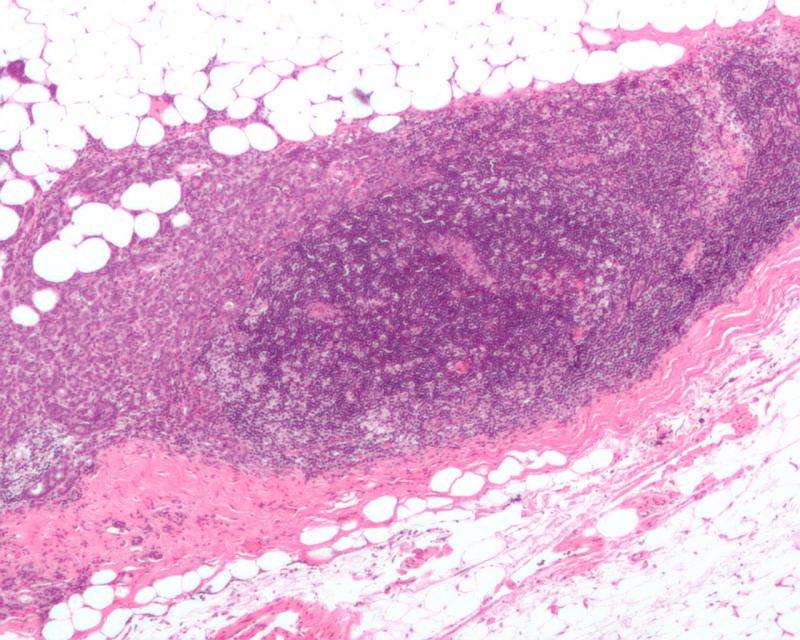Breast cancer researchers look beyond genes to find more drivers of disease development

Breast cancer researchers have discovered that mutations found outside of genes that accumulate in estrogen receptor positive breast tumours throughout their development act as dominant culprits driving the disease.
The research, published online today in Nature Genetics, focuses on the most common type of breast cancer, estrogen receptor positive, says principal investigator Mathieu Lupien, Senior Scientist, Princess Margaret Cancer Centre, University Health Network and Associate Professor in the Department of Medical Biophysics, University of Toronto. Dr. Lupien talks about the research at the video below.
"By investigating acquired mutations found outside of genes through the power of epigenetics, we have identified that functional regulatory components can be altered to impact the expression of genes to promote breast cancer development," says Dr. Lupien.
The multi-institutional research team collaborated with the Princess Margaret Genomics Centre and Bioinformatics group to analyze changes in the DNA sequence that accumulate in patients' tumours with respect to the epigenetic identity of estrogen receptor-positive breast cancer cells..
"Thinking of genes as the source of light in the human genome, our research shows that driver mutations will not only hit the light bulbs but also directly alter light switches and dimmers that serve as functional regulatory components," says Dr. Lupien.
"We now have the opportunity to start mining the genome for driver mutations not only in genes but also in other functional regulatory components to expand our capacity to identify the best biomarkers and to delineate the fundamental biology of each tumour to help advance personalized cancer medicine for patients."
Dr.Lupien's research builds on a previous study that identified why 44 known genetic variations increased breast cancer risk (Nature Genetics, Sept. 23, 2012).
The convergence of more knowledge about inherited risk variants and the role of acquired mutations should readily enable translating the science into more precise clinical tests to diagnose and monitor patients, he says.
More information: Noncoding somatic and inherited single-nucleotide variants converge to promote ESR1 expression in breast cancer, DOI: 10.1038/ng.3650


















